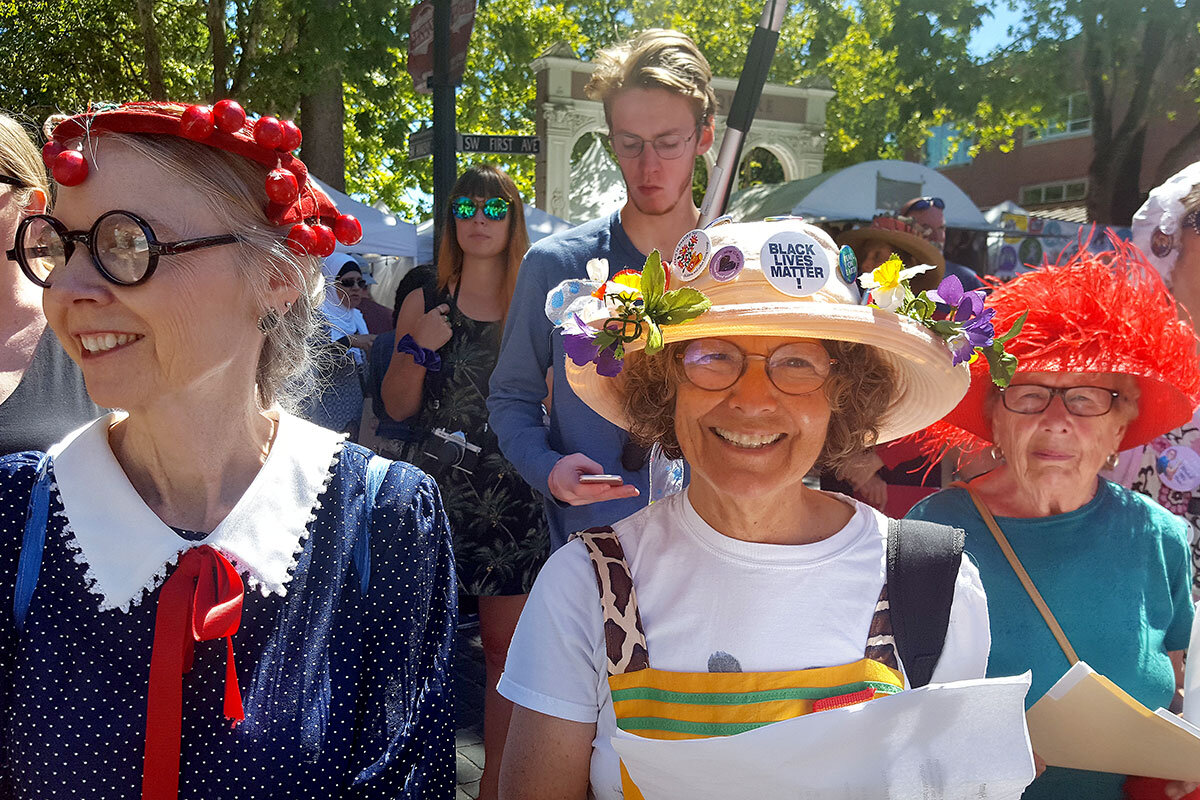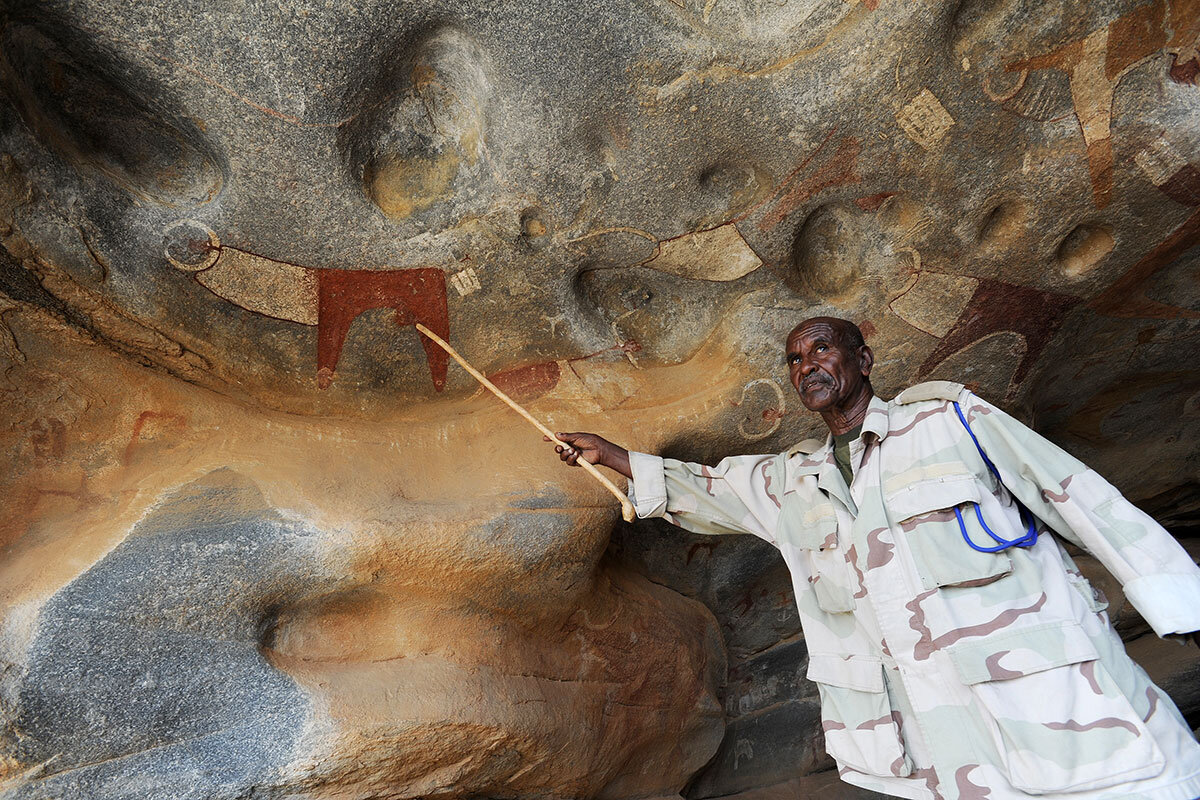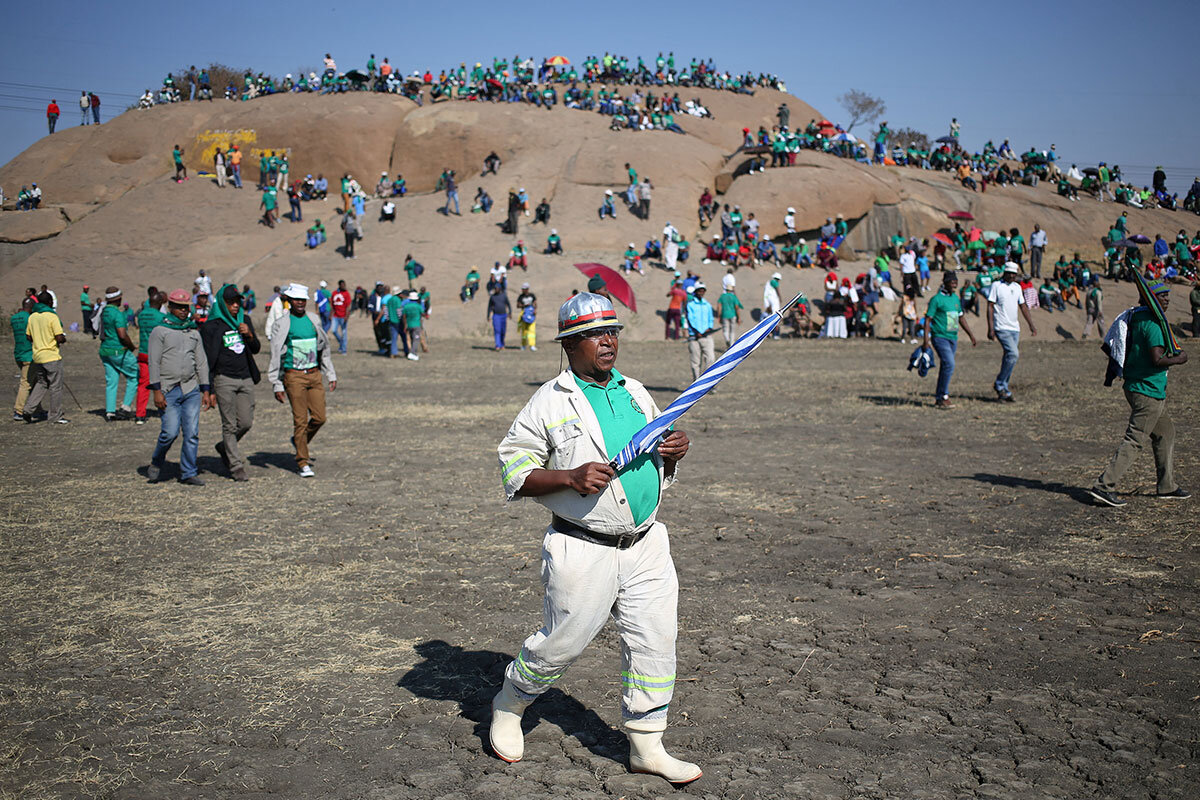After an extended combative exchange between the US and North Korea, many are welcoming what looks like a shift to a more reasoned vocabulary – one that could create a diplomatic opening and progress.
Monitor Daily Podcast
- Follow us:
- Apple Podcasts
- Spotify
- RSS Feed
- Download
 Amelia Newcomb
Amelia Newcomb
Sometimes the words that might point the way toward a calmer path are there to be heard, if people are willing to listen – and act.
On the global stage this week, China urged a different vocabulary between the United States and North Korea, asking both countries to “hit the brakes on mutual needling,” and “to lower the temperature of the tense situation,” in the interest of getting to diplomacy.
On the regional stage, India and Pakistan each marked 70 years of independence. More than 1 million people died in the chaotic formation of the two countries out of what was British India, and relations remain difficult today. Yet the group Voice of Ram scored a hit on social media this week by blending the national anthems of Pakistan and India into a harmonious message of peace. (It's worth a listen.)
And then the local stage – Charlottesville, Va. The memorial for Heather Heyer, killed when a suspected Nazi sympathizer drove his car into protesters last weekend, took place Wednesday. Here's her mother’s powerful call to action: “You need to find in your heart that small spark of accountability. What can I do to make the world a better place?... Let’s have the uncomfortable dialogue.… We are going to be angry with each other. But channel it not into hate and fear, but into righteous action.”










